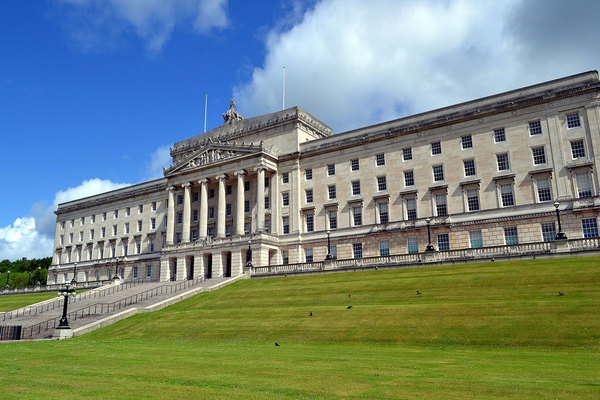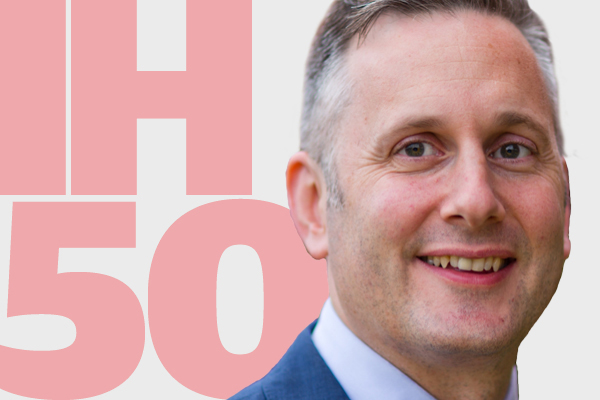You are viewing 1 of your 1 free articles

Housing in Northern Ireland is facing an uncertain 2019
With an absence of government, uncertainty and rising homelessness, 2019 is set to be challenging for social landlords in Northern Ireland, write Paddy Gray and Justin Cartwright
Words and phrases beginning with a ‘B’ have gained significance in Northern Ireland and Ireland throughout 2018. Brexit, backstop, border, Belfast Agreement – to name but a few.
As the UK looks increasingly likely to crash out of the EU with no deal, this may have a major effect on all of the above from the Northern Ireland context.
And yet, as all of it unfolds here, there is no government to deal with the fallout that might happen.
In housing terms, the absence of government has created a backlog of legislation and ministerial decisions.
The reclassification reversal for housing associations, reviews of social housing allocations and the private rented sector, and even the appointment of the chair of the Housing Executive all form part of a long queue.
So ‘uncertainty’ will be the word of the year in 2019, as the housing sector faces a period of unpredictability that affects the delivery of much-needed services as well as the capacity to build new housing.
“In housing terms, the absence of government has created a backlog of legislation and ministerial decisions”
Homelessness is an area that will remain high up the agenda. The Housing Executive’s 2012-17 homelessness strategy had a vision to eliminate long-term homelessness and rough sleeping across Northern Ireland by 2020. However official homelessness increased by 13% over the life of the strategy.
The housing and homelessness sectors have been striving to provide the adequate housing and support that is required.
The problem is that there is not enough social and affordable housing in the right places for the increasing numbers of people with complex and multiple needs.
This must be addressed. Housing associations have been meeting the targets for new homes set for them, so an investment level is required from government that really tackles the problem.
Meanwhile, the public spending environment is tough and there are many calls on resources. The funding for the Supporting People Programme of more than £70m has been maintained for many years, but it has not risen with cost pressures and many services are now at breaking point.
Also at breaking point is the ability of the Housing Executive to keep its stock from deteriorating. £340m a year of immediate investment is needed, but artificially low rents and borrowing restrictions mean the body is unable to raise the funds.
And last, but certainly not least, Northern Ireland faces a cliff-edge scenario when top-up payments for the bedroom tax and benefits cap end in March 2020.
It’s easy to be disheartened when looking to the year ahead in Northern Ireland. The upside is that we have had a democratic deficit before (and for a much longer period) while housing organisations have shown great tenacity and have just got on with it. They are doing so now.
One example was the sterling work that Radius Housing and the Housing Executive did just over a year ago in alleviating a potential disaster in Belfast, when families were intimidated close to a mixed-religion ‘shared’ housing scheme.
Both organisations worked tirelessly behind the scenes to ensure the problem did not escalate and that the households concerned were adequately housed.
“The challenges are many but our housing organisations will plough on and continue working with communities and government”
This is a clear example of housing organisations getting on with it despite lack of clear leadership from elected government.
The Chartered Institute of Housing Northern Ireland has got on with it as well. In November we published a wide-ranging report that makes recommendations for major change in social housing.
We look forward to working with the sector this year to take some of this work forward.
The challenges are many but our housing organisations will plough on and continue working with communities and government, in whatever way they can to provide and manage good-quality affordable housing.
A return of government, of course, would be very welcome.
Professor Paddy Gray, interim director, and Justin Cartwright, policy and engagement manager, Chartered Institute of Housing Northern Ireland












